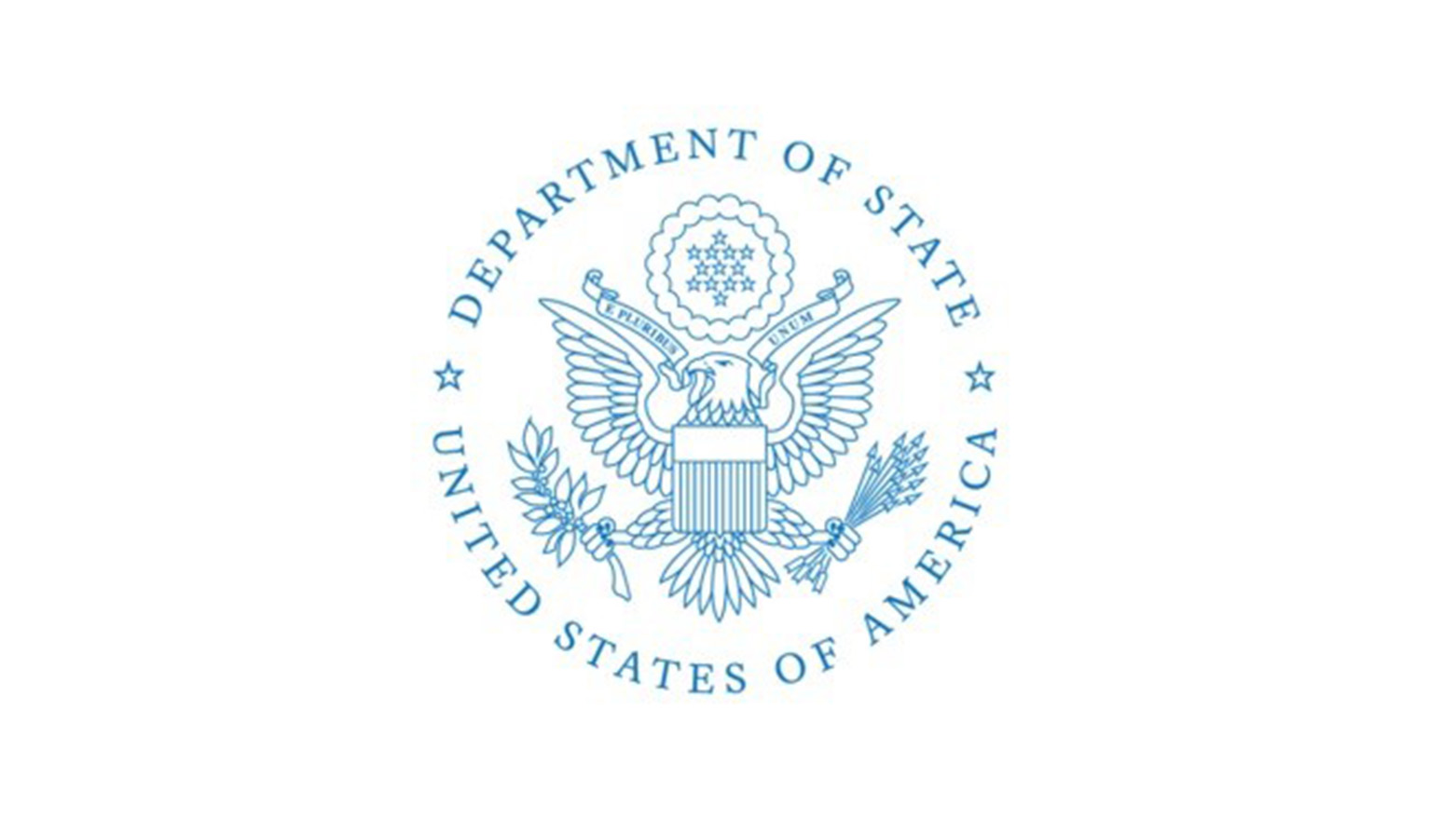U.S. Expects No Change in Iran’s Policy—and Its Policy Won’t Change Either
“We have no expectation these elections will lead to fundamental changes in Iran’s direction" and "will not have a significant impact on our approach to Iran either.”

WASHINGTON DC, United States (Kurdistan 24) –The election of Masoud Pezeshkian as Iran’s next president Is unlikely to lead to any change In Iranian policy, and, therefore, there will be no change in U.S. policy, according to the U.S. State Department.
That position is at odds with a more optimistic perspective in The New York Times, which cites Dennis Ross, whose career began as a Soviet specialist, before focusing on the Middle East, serving first in the George H.W. Bush administration, before shifting to successive Democratic administrations under Bill Clinton and Barack Obama.
The Times report, entitled, “Hopes for a Diplomatic Opening Rise under Iran’s New President,” also cites Ali Vaez, the Iran Project Director at the International Crisis Group.
Vaez was involved in promoting the 2015 Iranian nuclear accord. As his on-line biography reads, Vaez “led Crisis Group’s efforts in helping to bridge the gaps between Iran and the P5+1 that led to the landmark 2015 nuclear deal.”
Notably, Pezeshkian is not Persian. He is Azeri, a Turkic minority, based in northwest Iran. Iranian Kurdistan borders Iranian Azerbaijan. Thus, in addition to Azeri and Farsi, Pezeshkian speaks Kurdish as well.
U.S. Response to Iran Elections
“We note Iran has announced Masoud Pezeshkian as its new president, following the second round of elections,” a State Department spokesperson told Kurdistan 24 in an email on Sunday.
“The elections in Iran were not free or fair. As a result, a significant number of Iranians chose not to participate at all,” she continued. Thus, “we have no expectation these elections will lead to fundamental changes in Iran’s direction or more respect for the human rights of its citizens.”
“As the candidates themselves have said,” she noted, “Iranian policy is set by the Supreme Leader”—the 85 year old, Ayatollah Ali Khamenei, successor to Ayatollah Ruhollah Khomeini, who led and inspired Iran’s 1979 revolution.
Thus, “the elections will not have a significant impact on our approach to Iran either,” she continued. “Our concerns about Iran’s behavior are unchanged.”
Yet, “at the same time,” she concluded, “we remain committed to diplomacy, when it advances American interests.”
Greater Optimism from The New York Times
According to Dennis Ross, as the Times reported, Pezeshkian “represents a more pragmatic posture and less confrontational posture toward the outside and the inside.”
Yet, most likely, Ross said, Khamenei “would do a great deal to limit” Pezeshkian’s foreign policy agenda, including talks on its nuclear program.
In addition, military matters fall under the authority of the Islamic Revolutionary Guard Corps (IRGC), which is closely aligned with Khamenei. The two parties “decide when and how to use military force, whether in unleashing [Iran’s] proxies in Iraq, Syria, Lebanon and Yemen, or in threatening Israel,” the Times said.
Pezeshkian has said that he wants to ease tensions with the West, “with the aim of ending the sanctions,” the Times reported. He has also said that “he wants to foster communication with most other governments across the world—except Israel—but he has also warned against putting too much stock in alliances with Russia and China,” the paper added.
“That’s ‘because they could exploit Iran’ and further isolate it globally,” Vaez explained to the Times.
Given the constraints on his authority, Pezeshkian’s greatest avenue for influencing Iran’s foreign policy may well lie in the diplomats he selects to represent Iran, the Times suggested.
Pezeshkian’s chief foreign policy adviser is former foreign minister Mohammad Javad Zarif, a moderate, who has lived in the U.S., is fluent in English, and who negotiated the 2015 nuclear deal.
Of course, much depends on the outcome of this year’s U.S. elections, which will be held in November. If Donald Trump becomes the next U.S. president, it is unlikely that he will be interested in reviving the nuclear deal or, more broadly, in improving ties with Iran—except on terms that Tehran would find very difficult to accept.
Pezeshkian as Member of Iranian Minority
As noted above, Pezeshkian is Azeri. The Azeris dominate in four provinces and constitute the largest minority in Iran, with a population of 12 to 20 million.
Some analysts attribute both Pezeshkian’s moderation and his success to his minority status. His background leads him to be less extreme than Persian political figures. At the same time, he appealed to Iran’s minorities, who make up a large part of the country’s population.
Figures are uncertain, but Persians constitute as much as 65% of the Iranian population. Azeris are 16%, Kurds are 10%, and Lurs are 6%, with the remainder being Baluch, Arab, and Turkmen.
Pezeshkian’s election creates an intriguing situation: the presidents of Iran and Iraq can communicate with one another in Kurdish!
In fact, Pezeshkian’s election marks the first time in modern history that two heads of state can speak to one another directly, without a translator, in Kurdish!
